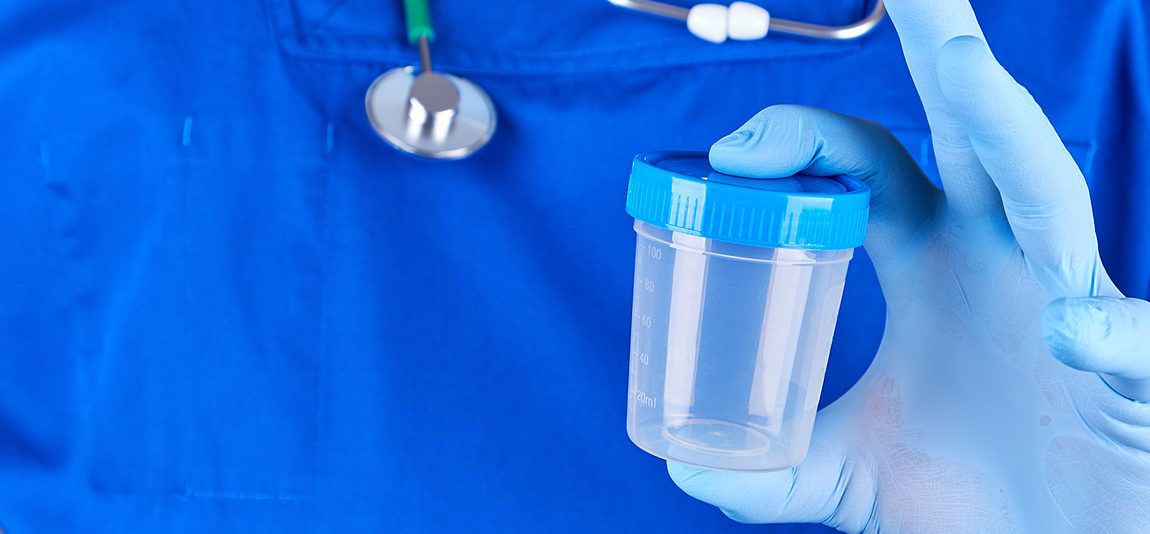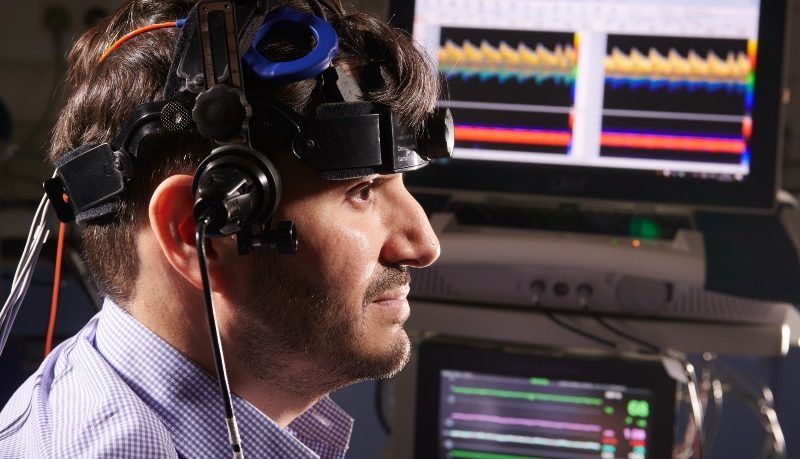Birmingham BRC receives £30m boost to improve treatment of inflammatory diseases
Increased funding for the renewed NIHR Birmingham Biomedical Research Centre will enable continuation of major developments around inflammatory diseases and new technologies and systems
The NIHR Birmingham Biomedical Research Centre (BRC) has been awarded more than £30 million in funding from the National Institute for Health and Care Research, a major funder of global health research and training, to support world-leading research into inflammation – including the development of new diagnostic tools and treatments for those with cancer, liver and heart disease, and many more illnesses.
The centre brings together multiple BHP members – including leading NHS providers led by the University Hospitals Birmingham NHS Foundation Trust and academic institutions led by the University of Birmingham – as well as other organisations working closely with charities and businesses. Its aim is to support research into inflammation which causes or worsens many common long-term illnesses including arthritis, liver disease and cancer.
This new investment represents an almost threefold increase in funding for the NIHR Birmingham BRC and will enable researchers to focus on eight areas of illness including heart disease, women’s health, and common complications from inflammation. Researchers will also be empowered to consider new tests and biomarkers for disease, health technologies including stem cells and gene therapy, patient experiences and data science.
Professor Phil Newsome, Director of the NIHR Birmingham BRC, said: “Inflammation plays a central role in many health conditions, with millions of people in the UK alone experiencing inflammatory diseases such as arthritis and bronchitis. This significant increase in funding will enable us to provide an outstanding environment for world-leading clinical research and allow us to make a step-change in our work tackling different forms of cancer, trialling new drugs for liver disease, and dealing with antimicrobial resistance.”
Patients will benefit from the increased funding thanks to the BRC’s collaborative research that has seen nearly 1,000 clinical trials and informed UK clinical guidelines.
Researchers will look at eight themes to continue to understand and help patients manage inflammation-based diseases including cancer, arthritis, and liver disease. The investment of the NIHR funding in biomedical research will enable clinicians, researchers, patients and supporters to find new treatments such as the development of new immunotherapies, which are types of cancer treatments to support the body to fight cancer.
Professor David Adams, Director of BHP, commented: “The investment from NIHR is hugely important for researchers working across the BRC partner institutions, to continue to tackle some of the critical health themes that affect our region. The funding will allow us to deliver new therapies and diagnostic tests for a range of chronic inflammatory diseases for which we currently have few effective treatments.”
Professor Lucy Chappell, Chief Executive of the NIHR, said: “Research by NIHR Biomedical Research Centres has led to a number of ground-breaking new treatments, such as new gene therapies for haemophilia and motor neurone disease, the world-first treatment for Creutzfeldt–Jakob disease, a nose-drop vaccine for whooping cough, and the first UK-wide study into the long-term impact of COVID-19.
“This latest round of funding recognises the strength of expertise underpinning health and care research across the country and gives our nation’s best researchers more opportunities to develop innovative new treatments for patients.”
The Birmingham Biomedical Research Centre is made up of the following BHP member organisations:
- University Hospitals Birmingham NHS Foundation Trust
- University of Birmingham
- Sandwell and West Birmingham NHS Trust
- Birmingham Women’s and Children’s NHS Foundation Trust
- Aston University
Working closely with partners:
- Birmingham Community Healthcare NHS Foundation Trust
- Keele University
- University of Oxford





